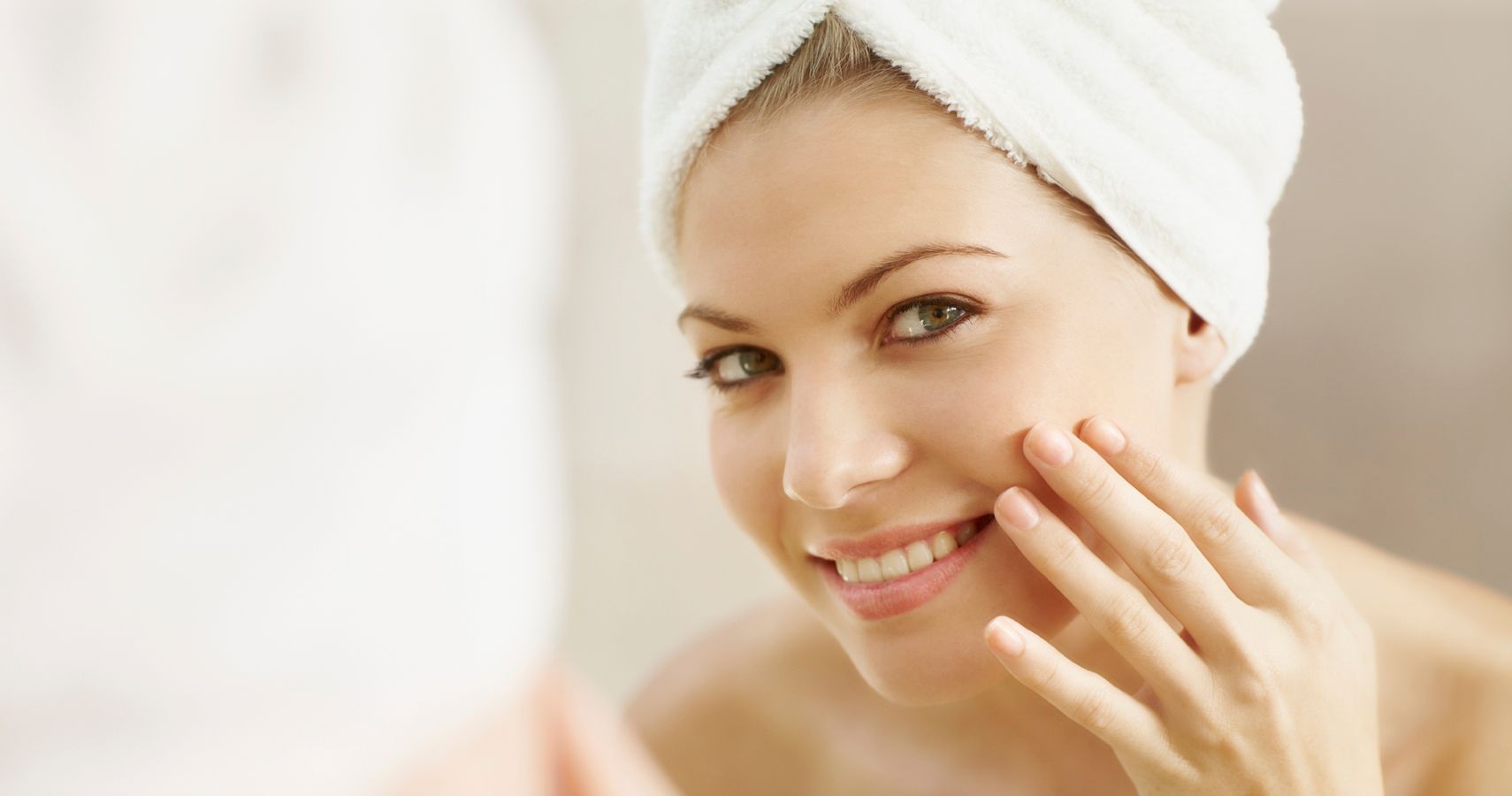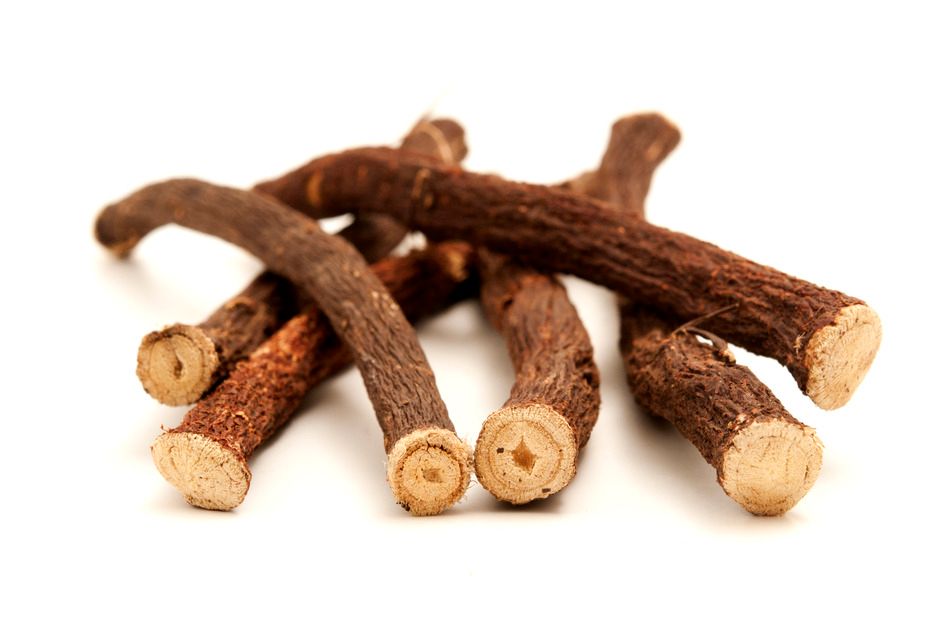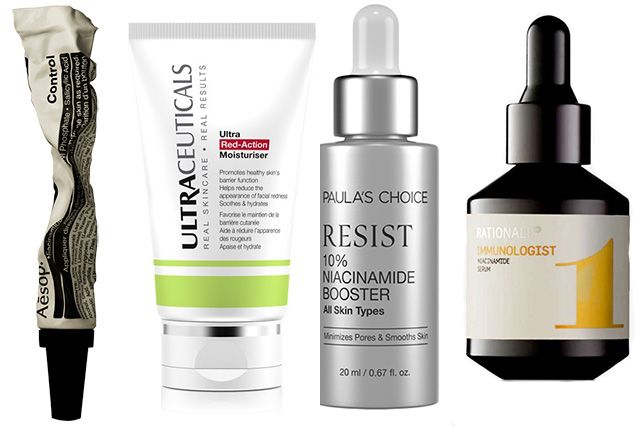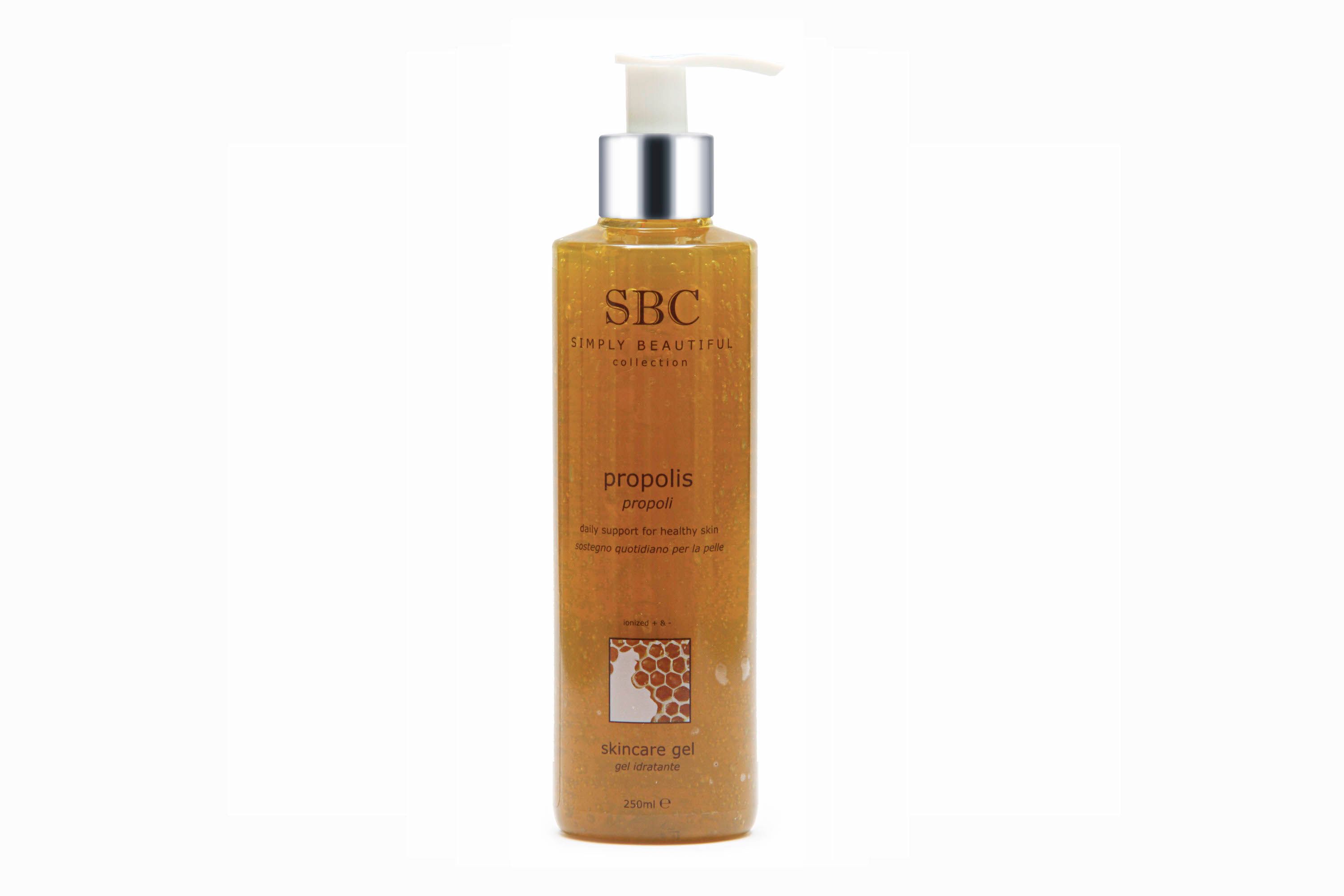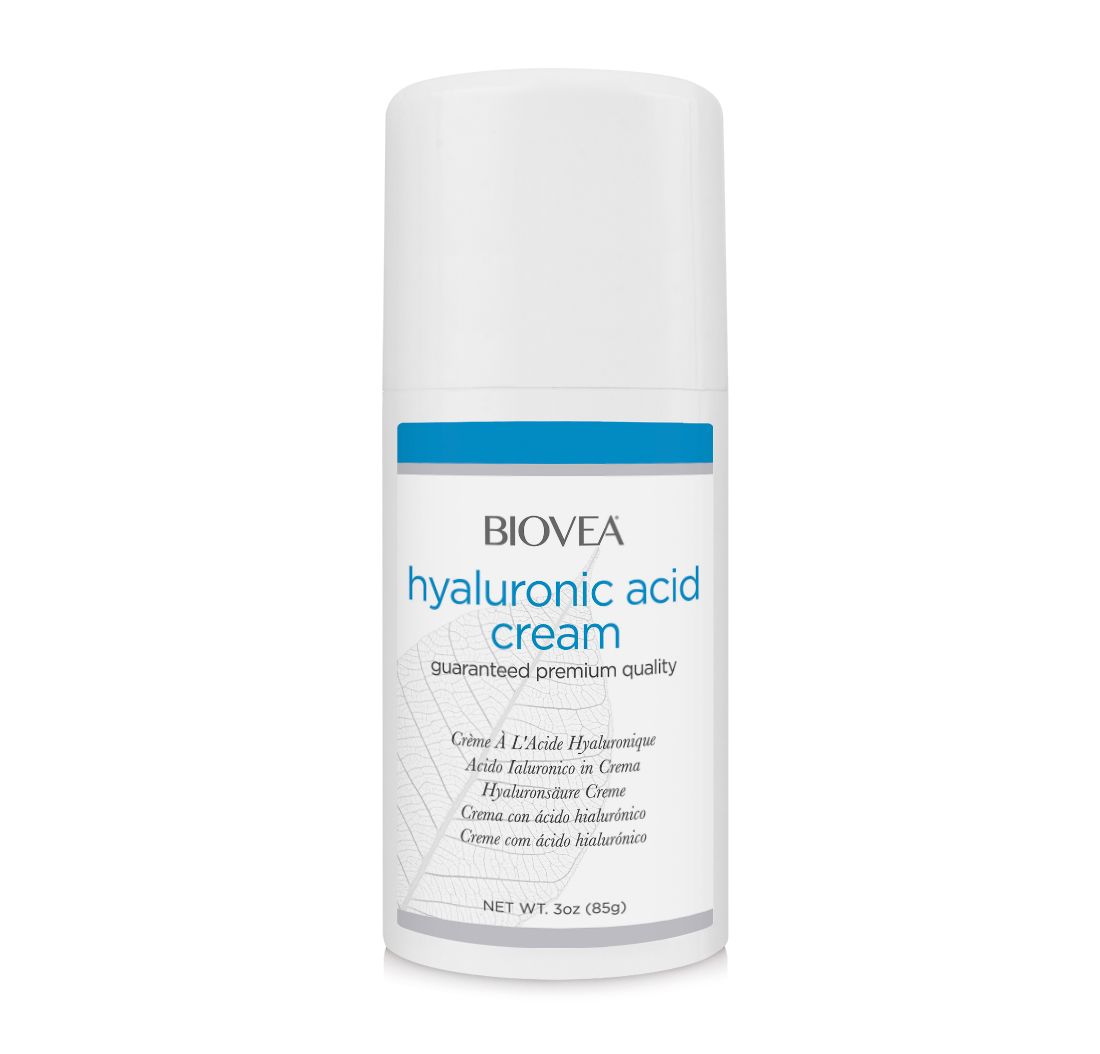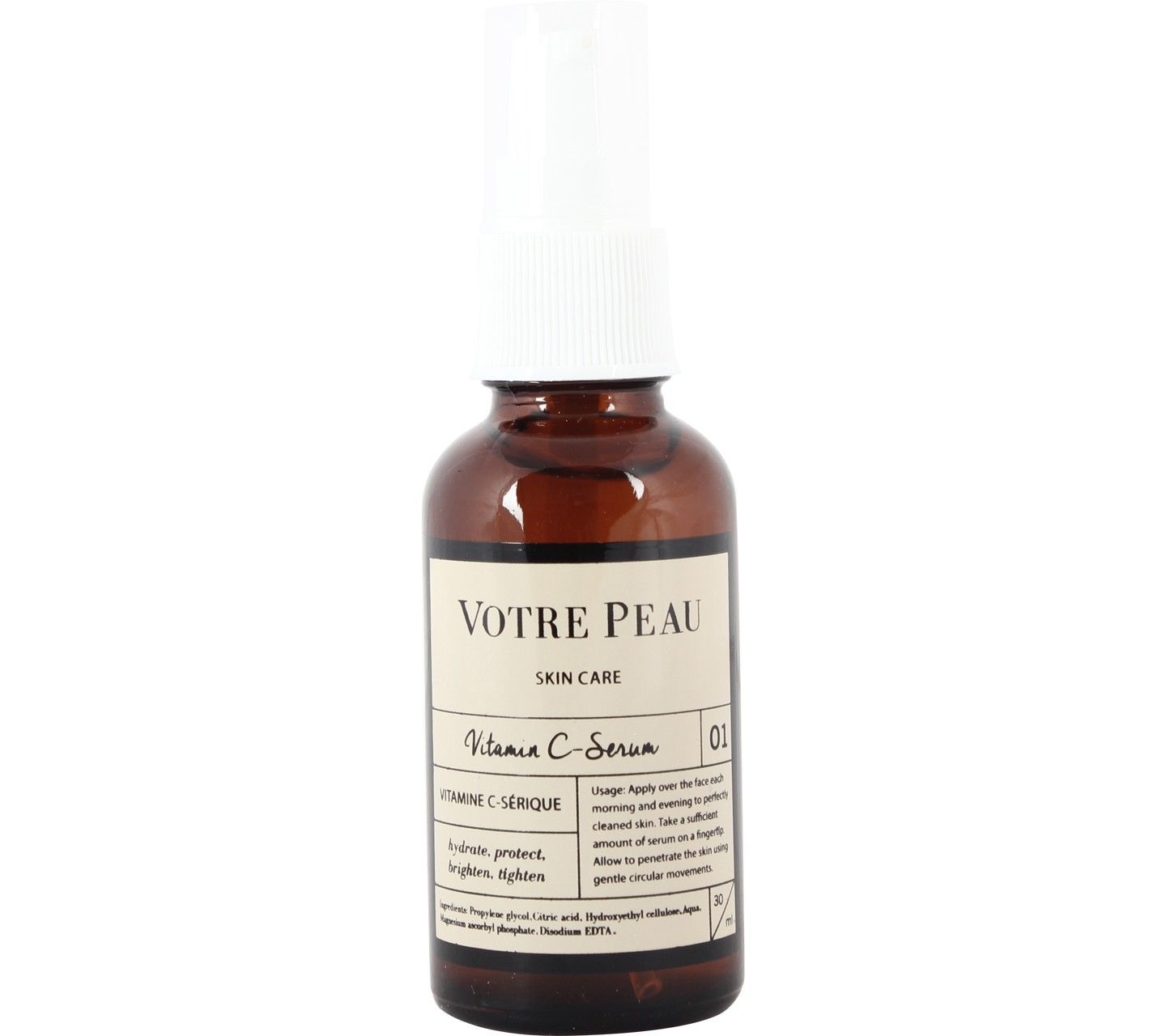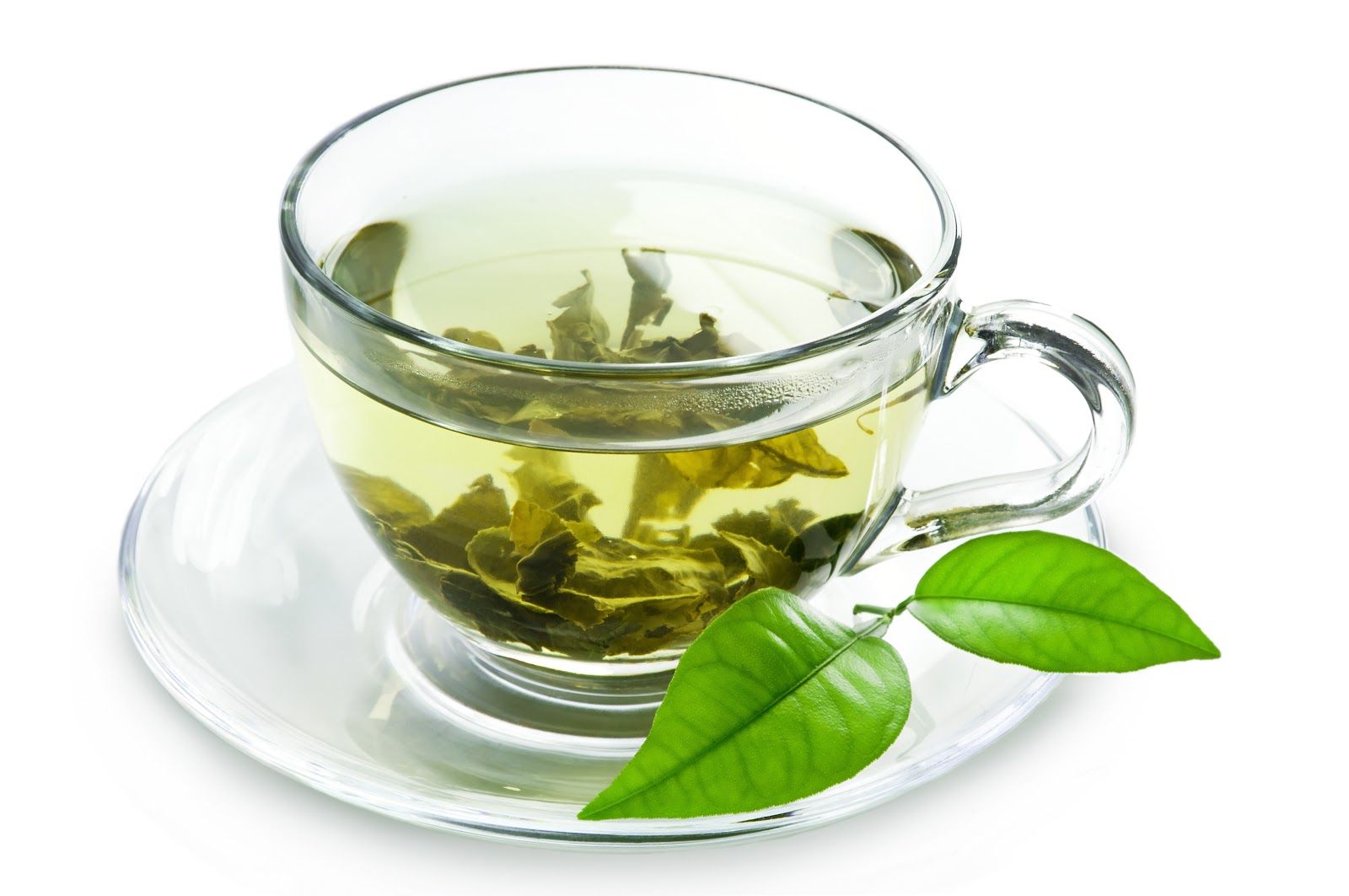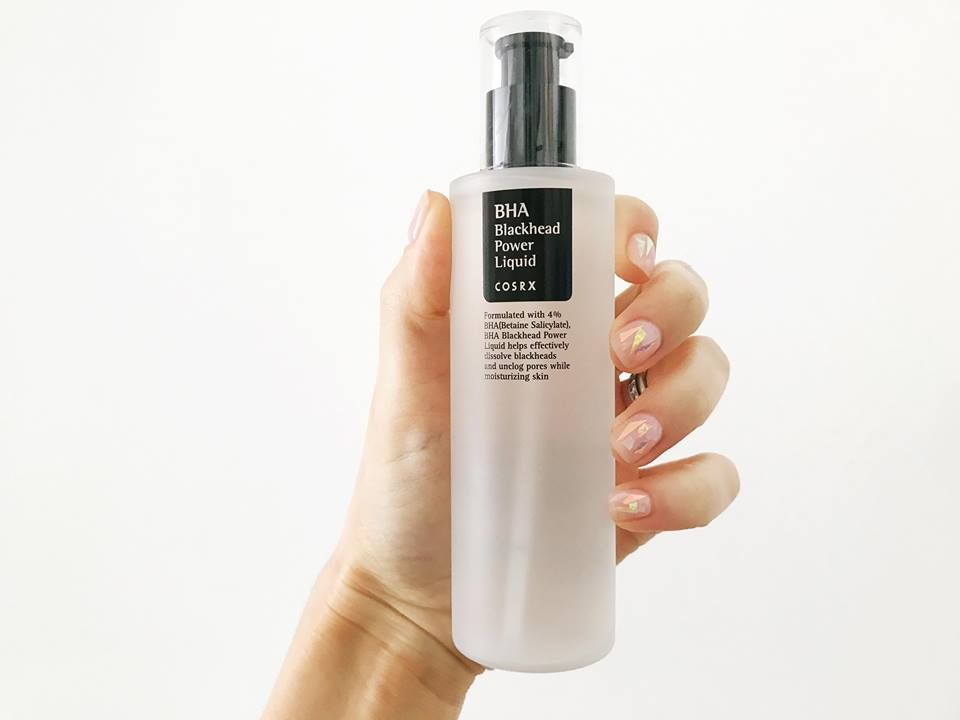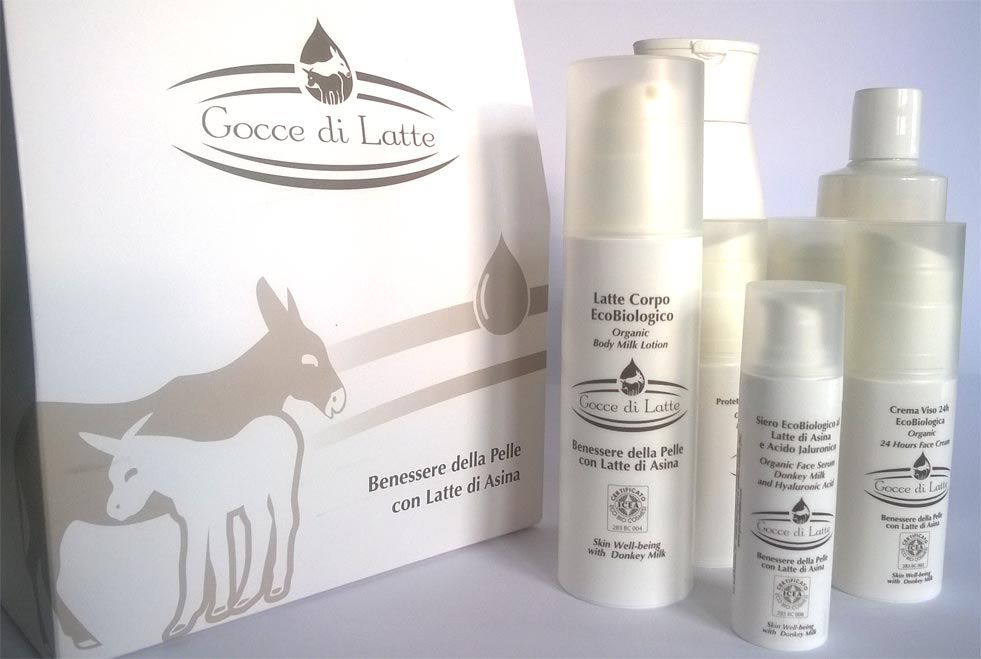Who doesn't want perfect skin? There's a lot of skincare products out there but not all of them are equal. The concentration of ingredients, as well as the variants of particular ingredients, differs between different products and brands. Different skin concerns mean you should be on the lookout for specific ingredients in the skincare products you buy.
But wait – just because a product claims to have a certain ingredient doesn't mean you should purchase it right away. Often times, the 'special' ingredients are near the bottom of the ingredient list, mean there is very little of it in the product. Some ingredients need to be at certain concentrations to work – so if they're near the bottom of the list, they may not even really have an effect! Sometimes, products have misleading titles too. They'll say that they do X, Y or Z but they won't have any ingredients that promote X, Y or Z!
Anyway, with that out of the way – here are 8 amazing skincare ingredients you should be on the lookout for that will improve your skin in the long run!
8 Licorice Root
Licorice root extract has a number of benefits. It's an anti-inflammatory, which good for when your skin is red and irritated. Licorice root is great for reducing the appearance post inflammatory hyper-pigmentation. It reduces the appearance of pigmentation by 'spreading' out existing melanin in dark spots with liquiritin and glabridin. Liquiritin and glabridin helps to prevent excess pigmentation in the first place. Additionally, it helps balance the oil in your skin, so definitely look out for licorice root if your skin is oily. You can find licorice extract in toners, creams or a multitude of other skincare products!
7 Niacinamide
Niacinamide, like licorice root extract, also helps with brightening your skin and reducing the appearance of pores. Side note, you can only actually reduce the appearance of pores – not the actual size. It also helps encourage repairing of your skin barrier! For some people, it even helps acne. This is one of the exceptions to looking for these ingredients near the top of a product's list – the highest niacinamide content you're going to find is 5%. It's worth noting that niacinamide might cause flushing in some people, so be sure to patch test first!
READ MORE: Protect Your Skin With This DIY Sunscreen Recipe
6 Propolis
Like many other skin care ingredients, propolis is very soothing to the skin. It's anti-bacterial, so it's great for acne that's caused by bacteria. It also appears to help with wound healing, go ahead and apply some products with propolis if you've been picking at your face! Clogging your pores is fortunately not a concern with propolis, so feel free to use moisturizers (in both gel and cream form) with high propolis content without worrying!
5 Hyaluronic Acid
Hyaluronic acid might sound intimidating but don't worry - it is an excellent moisturizer! It helps reduce the appearance of fine lines in the skin. It works best in humid climates, it draws moisture from the air to your skin. You can still use it in drier climates, but be sure to put an occlusive layer on top of it – for example, petroleum jelly. Don't straight up apply pure hyaluronic acid to your face though, since all that's going to do is draw the moisture out of your skin. You can find hyaluronic acid in various serums and creams.
READ MORE: 12 DIY Face Masks For Every Skin Problem
4 Vitamin C
There's a couple of different kinds of vitamin C in skin care. In general, all of them firm the skin (reduce wrinkles), even out your skin tone, improve skin moisture, and helps protect your skin against pollutants. It's sort of like an all-in-one heavy hitter! In comparison to the other ingredients mentioned here, vitamin C is pretty finicky. It oxidizes easily so it needs to be kept refrigerated and in an airtight container for best results. One of those common forms comes in a dropper and tinted glass, so it keeps the vitamin C from oxidizing as quickly.
3 Green Tea
Green tea isn't only for drinking – it's also a good skincare ingredient. It helps with oily skin and is good for inflammation – you can even try your own DIY with green tea. You can dip some cotton rounds or compressed sheet masks in the green tea you drink, make sure it's lukewarm or cool first, and place it on any red areas on your face. Make sure your green tea is sweetened or anything of the like, otherwise you might have some unwanted effects on your face. Green tea seems to be common in toners, so look for it there!
READ MORE: 10 Budget-Friendly DIY Skincare Hacks
2 BHA
BHA stands for beta hydroxy acid – it sounds kind of like a scary name. But don't worry, it's actually great for those of us with acne prone skin. It's oil soluble and anti-inflammatory, they penetrate deeper into the skin and help in clearing your pores out from dirt and gunk. BHAs are pretty drying, so they might not be right for you if dry skin is a concern. Start off using BHAs a few times a week to see how your skin reacts. If it seems to be going well, you can increase your usage slowly. BHA works best at a low pH, so you may want to wait between adding another cream or gel on top so it can do its work. It's different for everyone, so see what works for you.
1 Donkey Milk
This is a bit of a weird one, but donkey milk is good for a number of things. It's moisturizing, softens as well as soothes the skin and it also nourishes the skin with a number of vitamins, lipids, and proteins. It's a great ingredient if you have a skin condition like eczema. One of the vitamins it contains is vitamin C - so like mentioned above, it's also good for evening out the skin tone. If Cleopatra bathed in it, then we might as well give donkey milk a shot, right?
READ MORE: 10 DIY Alternatives For Your Favorite Skincare Products
Sources: Scars and Spots, Buro 24/7, Xtessentials , Biovea, Tinkerlust, Healthy Plate5, Inpicday, Montebaducco

